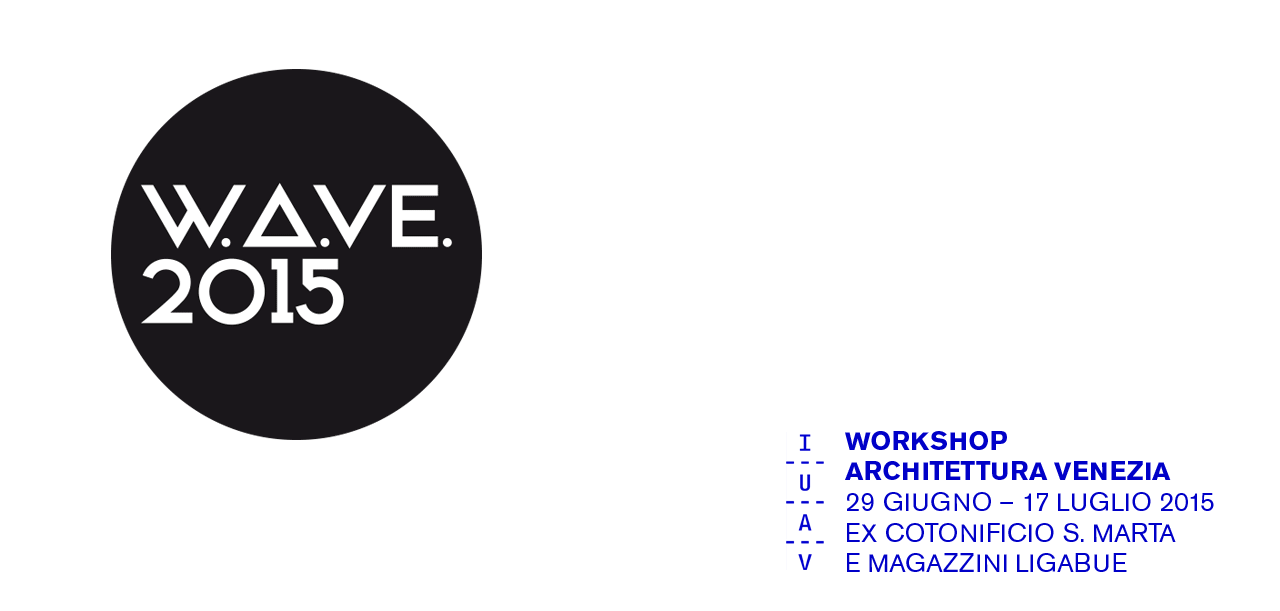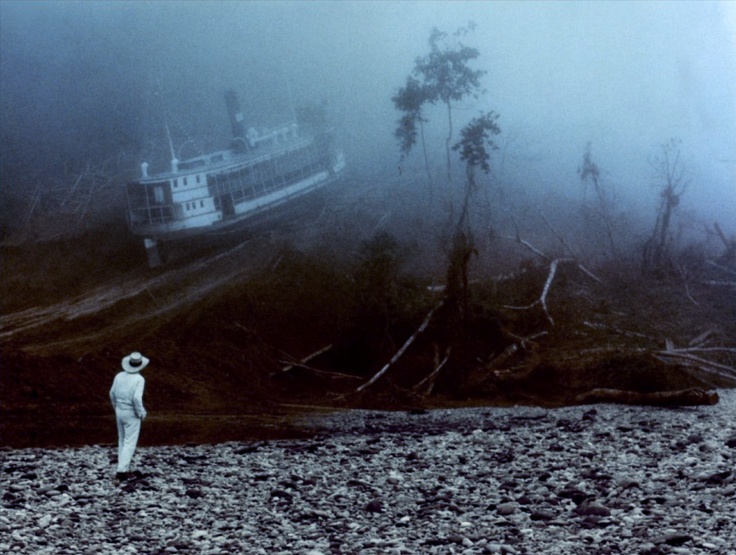Professor
Javier Corvalan [PY]
Assistants
Lukas Fuster, Joaquin Corvalán
EN // Why do we remember the past but not the future? This Steven Hawkins’ thought is going to represent the thinking guideline that will give meaning to our WAVe 2015 proposal.
Heritage is the matter that reminds us a past, a project is the only way to remember the future. Every once in a while disciplines specialize and they enclose into their own thinking, and every once in a while, time wins them. Architecture, our discipline, is surprised naked, and every once in a while, with difficulties of not being able to respond to a future.
The earth is a combination of worlds that are different, yet at the same time equal. A meeting of several worlds, as this meeting, is an opportunity that South America and Europe to transform the particular into universal.
The planet is the biophysical support of architecture and architecture is the solution to “problems” that puts the need to inhabit it. To remember the past as a problem is to give an answer to the heritage; to remember the future is to give an answer to changes, to its dynamic nature.
At the same time, the CO2 increase puts food, energy and water in crisis. The shape of cities, landscapes and territories are defined by the presence and/or absence of these topics.
The increase of CO2 transforms the planet, the fossil substance consumption will end its sources, the climate change will affect water and it will result in desertification or flooded territories and as a result of all, energy sources will change.
A small, young city in South America associated with an ancient city in Europe can build a project that will be an equation, which will interpret how to remember the past and how to remember the future.
How to anticipate it?
What would Firzcarraldo think?
Venice, its lake, meeting of the sea and rivers, of land and water, it’s the perfect place for an experimental laboratory of these phenomena, which occurs almost naturally, not exceptionally. We propose a project, to build an idea, an observatory. Our imagination is enough, maybe like Fitzcarraldo’s one or why not D’Annunzio on Lake Garda, where poetry, imagination built architecture.
IT // Perché ricordiamo il passato e non il futuro? Questa idea di Stephen Hawking rappresenta la linea di pensiero o direttrice in grado di dare senso alla nostra proposta per il W.A.Ve 2015.
Il Patrimonio è la materia che ci ricorda il passato; il progetto l’unica forma di ricordare il futuro. A volte le discipline si specializzano chiudendosi in se stesse, uscendo dal tempo. Anche l’architettura, la nostra disciplina, si ritrova così, nuda, senza alcuna possibilità di rispondere al tempo, a quello venturo.
La terra è un insieme di mondi diversi e uguali allo stesso tempo. Un incontro come il W.A.Ve 2015 costituisce l’incontro tra mondi diversi, è l’opportunità per il Sudamerica e l’Europa di trasformare il particolare in universale.
Il pianeta è il supporto biofisico dell’architettura e questa è espressione delle soluzioni ai “problemi” che pone abitarla. Il problema di ricordare il passato trova risposta nel patrimonio; ricordare il futuro è dare risposta ai cambiamenti, alla natura dinamica del tempo.
L’aumento della CO2 mette in crisi il sistema alimentare, l’energia e l’acqua. La forma delle città, dei paesaggi e del territorio si definisce per la presenza e/o assenza di uno di questi problemi.
L’aumento della CO2 sta cambiando il pianeta, i combustibili fossili finiranno e cambieranno le fonti energetiche; il cambio climatico inciderà sulle forme dell’acqua: desertificazione e inondazioni saranno, forse lo sono già, i nostri paesaggi futuri.
Una piccola e giovane città del Sudamerica insieme a un’importante e antica città dell’Europa possono definire il progetto come equazione, che interpreti questa necessità di ricordare il passato e il futuro.
Come anticiparlo?
Che cosa penserebbe Fitzcarraldo?
Venezia e la sua laguna, incontro tra mare e fiumi, tra terra e acqua, sono il luogo perfetto per un laboratorio sperimentale su questi fenomeni che qui non avvengono occasionalmente ma naturalmente. Un progetto, la costruzione di un’idea, un osservatorio. La nostra immaginazione è sufficiente, come quella di Fitzcarraldo o, perché no, di D’Annunzio sopra il Lago di Garda, dove la poesia, l’immaginazione, costruirono l’architettura.

